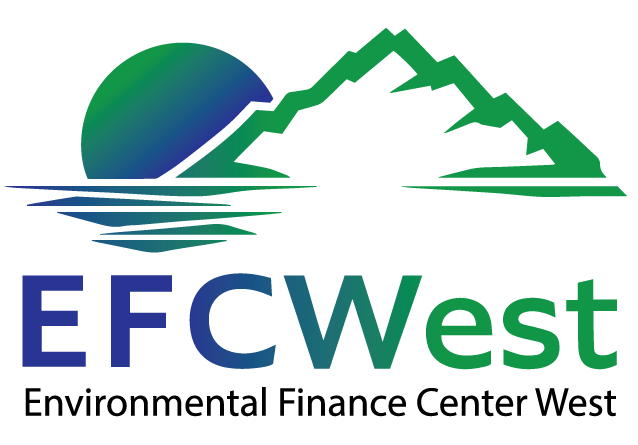In partnership with the Southern Climate and Energy Network, Hometown Action, Exposure Labs and Urban Climate Nexus, EFCWest has been holding a series of climate workshops in the deep south to better understand their vulnerabilities.
The deep rural South is particularly vulnerable to the impacts of climate change, disproportionately affecting poor, Black, Indigenous, People of Color (BIPOC), and other marginalized communities. Many of these communities are facing an increase in extreme weather, flooding, heat-related deaths, energy cost burdens, and a decrease in agricultural output and labor productivity. Exemplified by rural Alabama, Georgia, and North Florida, the Deep South’s rural communities have historically been supported by agricultural development and natural resource management (including forestry), and have more recently become increasingly reliant on recruiting manufacturing facilities to provide local prosperity. However, the ability to attract new development and maintain existing operations is threatened by crumbling infrastructure, substandard building stock, and no planning for adaptation in the face of a changing climate.
Working with the small communities of Fort Valley Georgia, Tuskegee Alabama and Monticello Florida, this project focus includes:
Identifying rural community understanding of and concerns for climate change impacts and vulnerabilities,
Capturing individual stories about past and current climate disruptions,
Characterizing and prioritizing community social, cultural, economic, environmental and infrastructural assets, and
Co-creating future research questions that reflect gaps and/or needs in community understanding of and responses to climate change.


